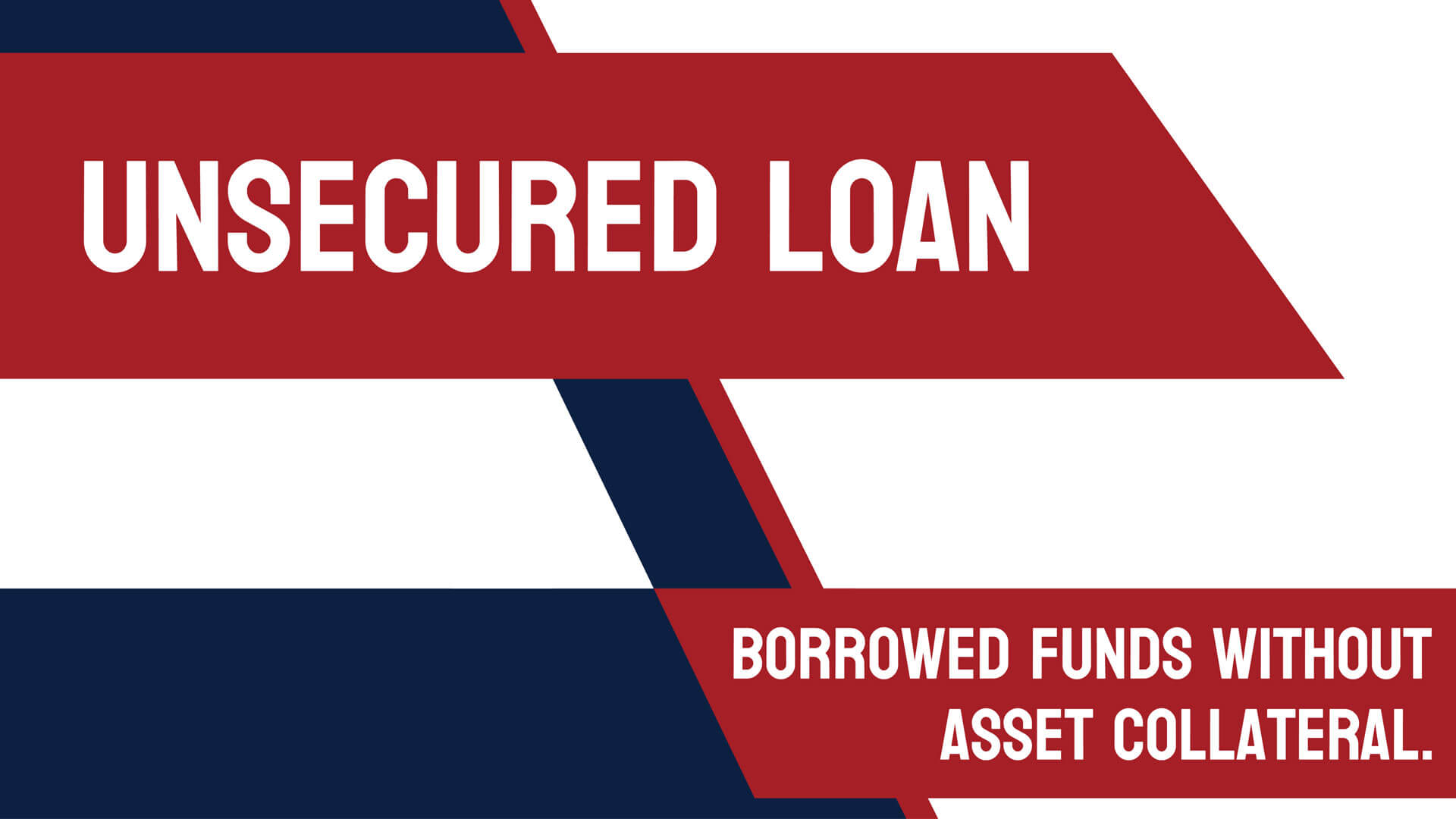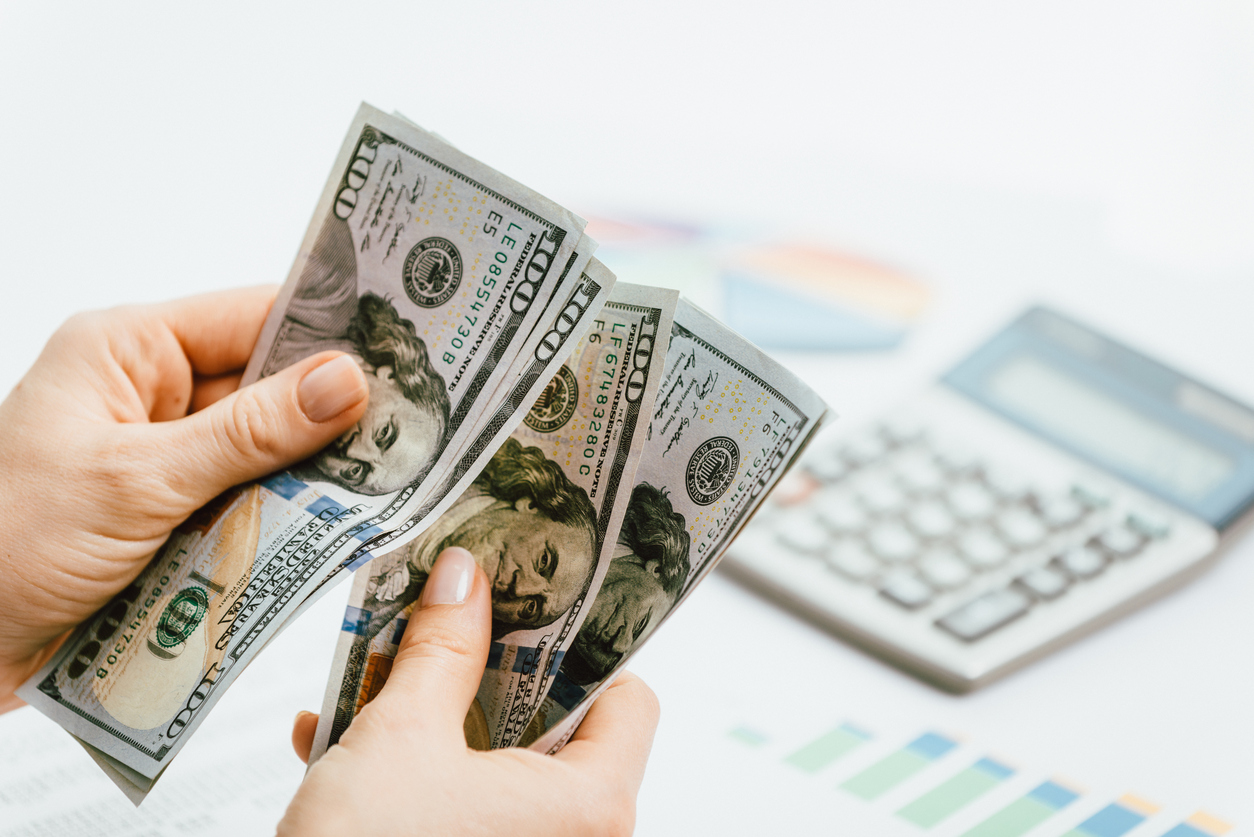An unsecured loan is a financial agreement that does not require you to pledge collateral to get it. The most common unsecured loans include unsecured credit cards, student loans, and personal loans. You can get an unsecured loan from many institutions in person and online. The application process is often less daunting than for a secured loan, such as a home equity loan or home equity line of credit (HELOC).
Unsecured Loan Overview
You will pay a higher rate for an unsecured loan because the lender has fewer options if you don’t pay, compared to secured loans. All they can do is file a collection lawsuit against you and possibly garnish your wages. You can expect your unsecured loan to have a higher interest rate and less favorable terms than a home equity loan or other secured loans.
How Does an Unsecured Loan Work?
Most unsecured loans are available in the range of $1,000 to $100,000 and you can use it for most purposes. Usually, the APR – the interest rate plus all expenses and fees – is between 6% and 35%. Unsecured loan terms may be between two and 10 years., but the unsecured loan rates and terms can vary by lender. You should shop carefully with various lenders and find the best rate, terms, and amount for your needs.
Most unsecured loan lenders offer prequalification online so you can look for rates without submitting a full application and having several hard credit pulls on your record. Also, secured loans do not require any collateral, so you do not need to wait a long time for a lending decision or home appraisal.
After the unsecured loan is approved, you will get the funds in a lump sum and interest starts to accrue on the whole amount. When you use a credit card or other line of credit, you only pay interest on the funds as you use them. Whichever unsecured loan you choose, you will need to make payments monthly and these are usually reported to all three credit bureaus.
If you do not pay your unsecured loan, the lender will send the account to a collection agency. If payments are not made, they could sue you to recoup what you owe. If the legal action works, the lender can get their money back by levying a bank account or garnishing wages. They also could put a lien on your home and your credit score will take a significant hit.
Unsecured Loan Types:
There are several kinds of unsecured loans that you can use for most purposes. You can choose between unsecured loans with regular loan terms, including personal loans and student loans, as well as revolving loans such as personal lines of credit and credit cards. The most common kinds of unsecured loans are:
Personal Loan
A personal loan is usually unsecured, but some lenders may offer a secured version. You can use an unsecured personal loan for almost anything, such as medical bills, home improvement, or paying off credit cards. However, you should check with your lender to find out if there are any restrictions on how you use the money.
Line Of Credit
If you have extra expenses that will be spread over months or years, a line of credit lets you tap funds as needed. The home equity line of credit or HELOC is consider a second mortgage loan. For example, if you are adding a room onto your home, you may need money over three or four months, and an unsecured or secured line of credit may be ideal. Find out you are a eligible for a HELOC.
If you own a home, the alternative option is the secured loan program. Consider a home equity investment loan if you have lots of equity and want to get a stream of revenue.
Credit Cards
Credit cards are another form of unsecured loan that let you access a certain credit limit that you must make payments on monthly. This is a revolving loan and you can reuse the card as you pay it off. Note that most credit cards have variable rates, so you could end up paying a higher rate in the future. Today, the average credit card rate is around 20%.
Who Can Get an Unsecured Loan?
An unsecured loan is a good option for people who do not have or don’t want to use collateral to bank a loan. The lender could seize the collateral if you default on the loan.
However, the lender has more risk when there is no collateral, so expect a higher interest rate. But if your credit score is 700 or higher, you may qualify for the lowest rates, which can be a great deal – a low rate, plus no collateral.
What credit score do I need to qualify for an unsecured loan?
Various unsecured lenders favor individuals with good or excellent credit scores (690 and higher), although certain lenders are open to borrowers with poor credit (a score below 630). According to NerdWallet, the standard minimum credit score needed for personal loan eligibility ranges from 560 to 660. It is very difficult to get approved for a personal loan with no credit check.
Are unsecured loans hard to qualify for in 2024?
Lenders view unsecured loans as more precarious than secured loans, necessitating higher credit scores for approval. Unsecured loans encompass credit cards, student loans, and personal loans.
What kinds of debt are eligible for consolidation with an unsecured loan?
Consolidation loans prove beneficial for handling revolving lines of credit and high-interest loans. Several debt types suitable for consolidation include credit cards, retail credit cards, gas cards, payday loans, and title loans.
Summary on Unsecured Loans this Year
If you find yourself in need of funds to address an expense or buy something that exceeds your immediate cash availability, you might contemplate obtaining a unsecured personal loan. Unsecured loans can be utilized for various purposes, including debt consolidation, covering medical expenses, and undertaking home improvement projects. Loans that are unsecured do not necessitate collateral and generally carry higher interest rates compared to secured loans, like mortgages or auto loans.
An unsecured loan is another financial tool to consider when you need money for a major purchase or project. An unsecured loan has a higher rate, but there is no need to worry about losing collateral if you do not make the payments. Talk to your lender today about applying for an unsecured loan. They can advise if an unsecured or secured loan is a better choice for your situation.




